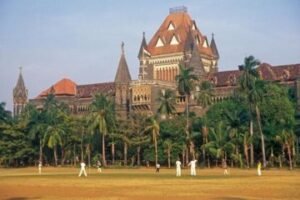In POCSO cases, the Bombay High Court instructs the state government to establish guidelines for conducting Test Identification Parades, with a focus on maintaining the confidentiality of the victim
Case: Parvej Khan v. State of Maharashtra and Anr.
Coram: Justice Vibha Kankanwadi and Justice Abhay S Waghwase
Case No.: Criminal Appeal No. 884 Of 2019
Court Observation: “We direct State to formulate suitable guidelines to be adhered to, while conducting TI parade in cases attracting provisions of Protection of Children from Sexual Offences Act, 2012 and to further suggest Standard Operating Procedure to be adopted, keeping in mind the aspect of confidentiality of details of victim and also suggest necessary precautionary measures to be taken while making victim participate in TI parade for identifying perpetrator, with requisite infrastructural set up for the same.”
“we are astonished to find that in a case where provisions of POCSO Act are attracted, a minor of six years old and victim of sexual assault is made to appear in a jail premises and further made to identify culprit amongst a line of dummies by making her touch the person. In fact, POCSO Act itself provides detailed mechanism regarding precautions to be taken to, as far as possible, avoid direct confrontation of accused and victim. However, here, such precaution has apparently not been taken, thereby frustrating the very object of the statute like POCSO Act”.
“Their failure affects the credibility of prosecution evidence. PW7, who collected biological evidence, has not deposed about use of SAFE kit i.e. a kit specially meant to maintain Sexual Assault Forensic Evidence. Samples are not shown to be distinctly sealed. Therefore, very question of quality of samples crops up”
Previous Posts
Patna High Court Grants Appeal Beyond Stipulated Time, Citing CBIC Notification
Keywords
In POCSO cases, the Bombay High Court




